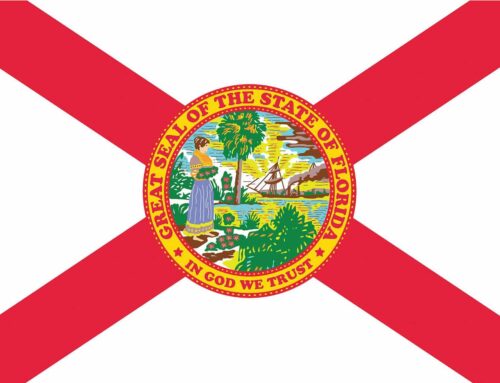A DUI diversion program is a program offered by the courts in some jurisdictions to allow a first-time DUI offender to avoid the full negative effects of a DUI conviction. Essentially, a DUI program offers first offenders a second chance before the government drops the hammer.
They’re called “diversion” programs because they effectively divert you away from the criminal justice system, and allow for a clinical and behavioral path that emphasizes education, counseling, and community service, rather than jail time. A pre-trial program offers you a way to mitigate things before you get to the trial stage… so instead of facing a DUI, DWI, or DUID charge, you may be facing a much less severe charge that carries much less severe potential ramifications.
If you’re able to reform yourself and get control of your drinking or drug problem – or at least avoid driving under the influence in the future – then it’s a win-win for all parties concerned:
Prosecution and prison are very expensive for the state… and of course, potentially devastating for you, the driver.
If your state or county offers you a pre-trial diversion program, it may be a good idea to take it. The exception would be if you have a great case to beat the DUI charge. But that’s an uphill battle, in most instances.
Who Can Qualify for a DUI Diversion Program?
Every jurisdiction’s standards are different. And not every jurisdiction is willing to offer a diversion program at all to people charged with a DUI. But in general, if your county has a DUI diversion program, it will only be offered to first offenders, with a misdemeanor (non-felony) and non-aggravated cases.
A non-aggravated case is a case that doesn’t involve aggravating factors that normally result in increased sentences. Examples include:
- Having a child in the car
- Resisting arrest,
- Involvement in an accident resulting in injury or property damage of any kind… even to your own vehicle
- Involvement in a felony
- Driving the wrong way on a one-way street
- A BAC well over the legal limit (0.15 BAC or higher, compared to the usual legal limit of 0.08).
Some areas have different diversion program “tiers.” That is, you could qualify for one tier with a BAC level of 0.15 or below, and a different, more severe tier, if your BAC comes in between 0.16 and 0.22.
You can also be disqualified for your jurisdiction’s DUI diversion program if you have a felony on your record if you’ve already participated in a diversion program, and even if you simply have “too many law enforcement contacts” on your record, even though you’ve never been convicted of anything.
Often, you’ll hear a diversion program referred to as a “deferred prosecution” program. That means that prosecutors are reserving the authority to prosecute you for this offense in the future if you re-offend or otherwise violate the terms of your DUI diversion program agreement.
Often a DUI Diversion program allows you a riskless way to get your drunk driving or driving while intoxicated charge reduced to the much less severe charge of reckless driving. And in some cases, successful completion of the program requirements will result in the state dropping the charges against you altogether.
What are the Requirements of a DUI Diversion Program?
Again, program requirements vary by jurisdiction. But here are some common elements:
- Community service
- Successful completion of an alcohol awareness course or rehab program
- Installation of an ignition interlock device on your car
- Temporarily restricted license
- Submission to random drug testing
- Participation in a victim impact panel
- Payment of punitive fines
- Payment of the cost of supervision, impact panel costs, and DUI class costs
How Are Pre-trial Diversion Programs Funded?
Generally, pre-trial diversion programs are funded entirely from fees paid by participants. There are usually no provisions for financial hardship or fee discounts or waivers. But if taking a diversion deal helps you avoid jail time, a criminal record, and protects your career, it may be worth putting the fees on a credit card, if you have to, and working overtime to pay it off.
Should everybody participate in a DUI Diversion Program?
No. A DUI diversion program can be a godsend for some people. It certainly takes the worst-case scenario off the table. And it can eliminate the risk of jail time beyond time already served – at least for now. And that’s worth a lot.
But Diversion programs aren’t for everybody. In some cases, it might be better to demand a trial and fight it out. This might be the case if the DA’s case is weak, or if you have some serious due process cards to play that give you an excellent chance of beating the charge or getting the DA to fold and drop charges entirely.
But that decision warrants an in-depth and frank discussion with an experienced DUI attorney. Any time you go to trial, the outcome could go in a way you don’t expect.
If a DUI conviction would effectively result in the destruction of your entire career, such as may be the case for professional drivers, CDL holders, law enforcement officers, and military members, you have a lot more at risk than other people.
And cops and DAs have both been known to lie or conceal exculpatory evidence in order to boost their numbers.
So use caution.
See you on the road,
Steve “Mr. Insurance” Ludwig
CEO, Select Insurance Group






